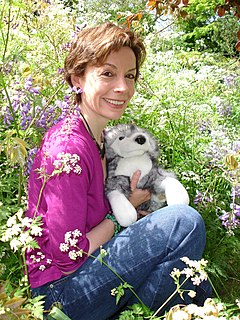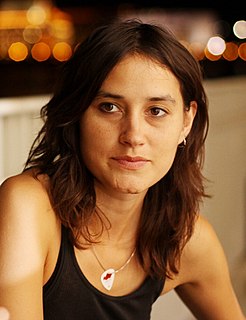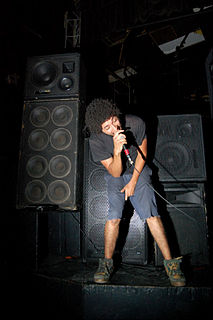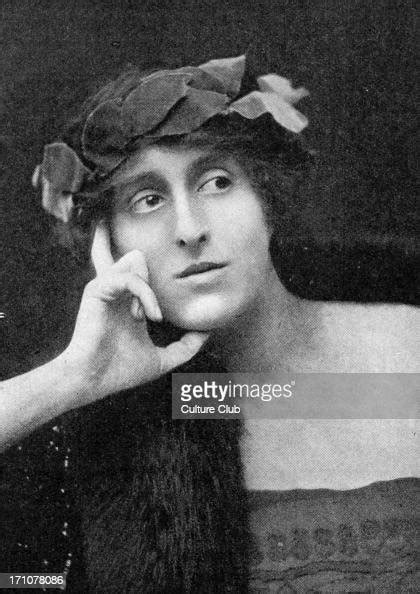A Quote by Michelle Paver
For me, inspiration isn't a sort of spark which lights the fire of the story. It's more like a thread, one of many, which you can tease out of a story once it's written, if you feel so inclined.
Related Quotes
So tell me, since it makes no factual difference to you and you can't prove the question either way, which story do you prefer? Which is the better story, the story with animals or the story without animals?' Mr. Okamoto: 'That's an interesting question?' Mr. Chiba: 'The story with animals.' Mr. Okamoto: 'Yes. The story with animals is the better story.' Pi Patel: 'Thank you. And so it goes with God.
What's your story? It's all in the telling. Stories are compasses and architecture; we navigate by them, and to be without a story is to be lost in the vastness of world that spreads in all directions like arctic tundra or sea ice. To love someone is to put yourself in their place, we say, which is to put yourself in their story, or figure out how to tell yourself their story. Which means that a place is a story, and stories are geography, and empathy is first of all an act of imagination, a storyteller's art, and then a way of traveling from here to there.
I think the best thing about music is that someone could be writing a song that's so personal, and it tells so many other people's story at the same time. It kind of exemplifies that we are all kind of on the same wave[length] - it's amazing how comforting somebody else's story can be, because we have experienced their story in some way or another, and I can totally relate, and I get to feel that feeling and the expression of that emotion. I get to feel like as a listener, that somebody understands me, which is pretty incredible.
He thought about the story his daughter was living and the role she was playing inside that story. He realized he hadn't provided a better role for his daughter. He hadn't mapped out a story for his family. And so his daughter had chosen another story, a story in which she was wanted, even if she was only being used. In the absence of a family story, she'd chosen a story in which there was risk and adventure, rebellion and independence.
One of the ways in which writers most show their inventiveness is in the things they tell us about how they write. Generally speaking, I don't like to make a plan before I've written a story. I find it kills the story - deadens it, makes it uninteresting. Unless I'm surprised by something in a story, the reader's not going to be surprised either.
A short story is confined to one mood, to which everything in the story pertains. Characters, setting, time, events, are all subject to the mood. And you can try more ephemeral, more fleeting things in a story - you can work more by suggestion - than in a novel. Less is resolved, more is suggested, perhaps.
When, and how, and at what stage of our development did spirituality and our strange notions of religion arise? the need for worship which is nothing more than our frightened refuge into propitiation of a Creator we do not understand? A detective story, the supreme Who-done-it, written in indecipherable hieroglyphics, no Rosetta stone supplied by the consummate Mystifier to tease us poor fumbling unravellers of his plot.
What I often do in my work is to take a great story, such as the Odyssey, the search for the Grail, the story of Jesus, or the story of the great peacemaker who helped create the Iroquois Confederacy in the 15th century. I then use these tales as templates upon which to weave psychological and spiritual exercises which allow us to open ourselves up to the larger venue of a story.






































